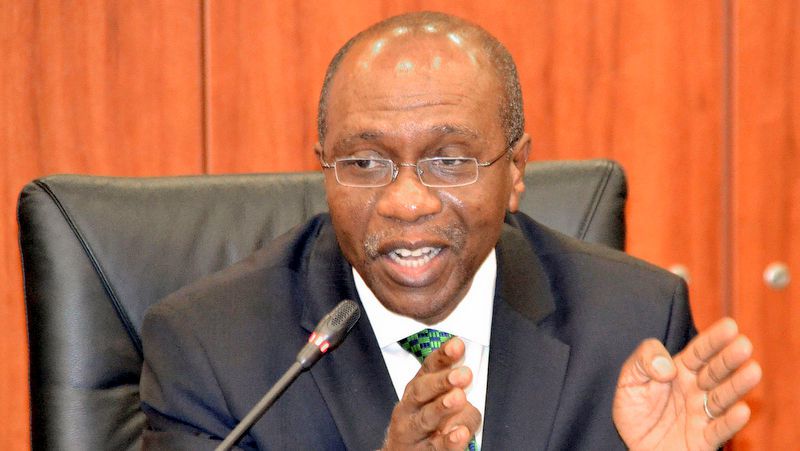This post has already been read 8801 times!
The Governor of the Central Bank of Nigeria (CBN), Mr. Godwin Emefiele, has again ruled out the possibility of a naira devaluation, amidst the dwindling level of the country’s foreign reserves.
He said the Bank would rather continue to sustain existing foreign exchange management and stability currently evident in the market.
He said there was no need for any adjustments in the foreign exchange, insisting that the CBN is currently able to meet all obligations.
Speaking during the just concluded two-day meeting of the Monetary Policy Committee (MPC) over the weekend, he argued that despite recent fluctuations in crude oil prices, the country’s reserves level remained, “high and strong enough to be able to meet obligations in the economy,” adding that there’s no need for anybody to contemplate adjustments in foreign exchange.
According to the CBN boss, “It is important for us to note that reserves is there to meet the country’s obligation. So from time to time reserves would go up and reserves would come down: yes, it is no doubt noticeable, the drop has become so noticeable that people are beginning to say oh, we need resort in the adjustment in the currency.”
He said: “At a reserve level of about $38 billion today, and crude price at about $57, $60, $65 and sometimes hit $70, we believe that we will be able and we are saying that we should continue to sustain the existing foreign exchange management and stability that we have seen in the market.
“There’s no need for anybody to ever think that an adjustment would happen. The CBN is able to meet all obligations, the reserve level is high and strong enough to be able to meet obligations in the economy and so there’s no need for anybody to contemplate that.”
He added: “We believe crude price at above $60, today at almost about $66/$67, sometimes hitting $70 is a strong level that can be used to support the economy and also continue to sustain the stability that we see in the foreign exchange market today.”
The CBN at the end of its MPC at the weekend, resolved to raise the Cash Reserve Ratio (CRR) of deposit money banks (DMBs) by 500 basis points to 27.5 per cent, from the current 22.5 per cent, as a response to the growing threat of inflation to the economy.
It also decided to leave the Monetary Policy Rate (MPR), otherwise known as interest rate, unchanged at 13.5 per cent as well as the Liquidity Ratio at 30 per cent.
Emefiele, had said the increase was justified considering the magnitude of excess liquidity expected in the system following the anticipated effect of the Value Added Tax (VAT) which was recently increased by the federal government from 5 per cent to 7.5 per cent and which takes effect by February 2020.
He further expressed concern that the pending maturing security bills could all together add as much as N12 trillion to existing liquidity in the system.
Addressing journalists at the end of the two-day meeting of its Monetary Policy Committee (MPC), in Abuja, Emefiele, who read the committee’s communiqué, said the Committee by a decision of nine members, voted to alter the CRR by 500 basis points from 22.5 to 27.5 per cent, while leaving all other policy parameters constant, adding that two members voted to leave all parameters constant.
Explaining the motivation for CRR hike, he said the committee had expressed concern about rising inflation, which increased consecutively in the last four months as at December 2019 to 11.98 per cent and higher than its target range of 6-9 per cent.
According to him, the rising price level is attributable to a combination of structural and supply side factors, expansionary fiscal policy; and growth in money supply arising from rising liquidity surfeit in the industry due to changes in the Bank’s OMO policy.



